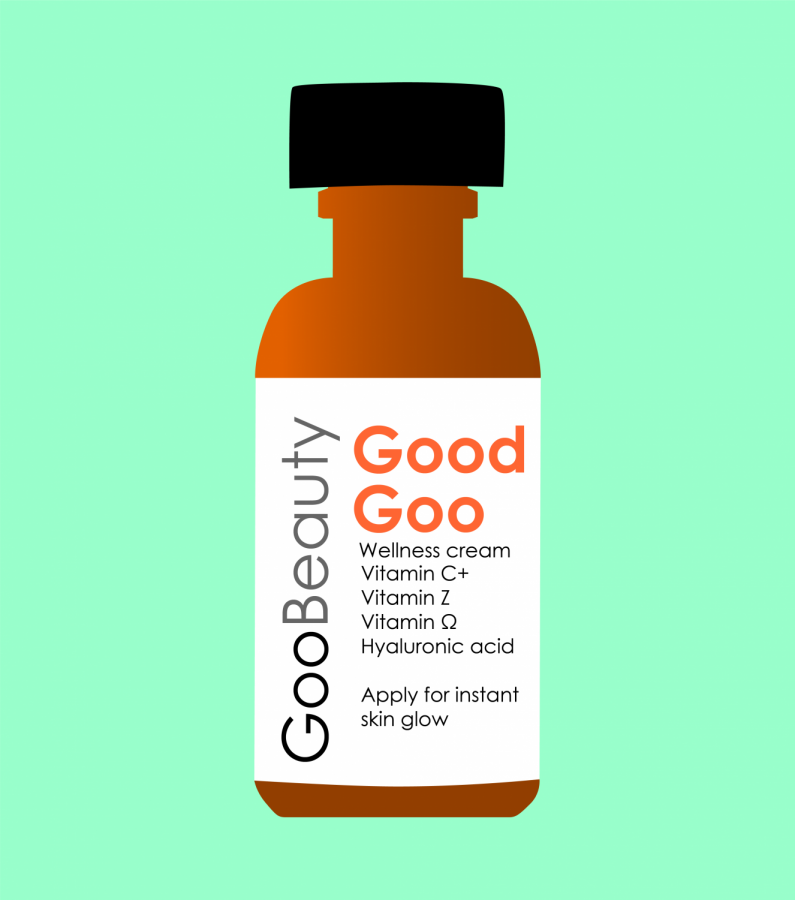Is wellness all it’s cracked up to be?
February 14, 2020
I had the full intention of writing this article as an inside look into the wellness and lifestyle industry, but my research led me elsewhere. I realized that I had been fed very conflicting views of these industries. Advertising has made me believe that wellness products such as rare oils or expensive diet and workout plans will put me on the fast-track to long-term health. But critics of the industry question whether companies like Goop or Poosh really have the consumer’s best interests at heart – or if they are simply willing to sell anything for a profit. I wanted to take a look at the wellness industry through both supportive and critical lenses and compare them to my own preconceived notions about its benefits and drawbacks.
I, myself, have contributed to the racket that is the wellness industry. I have purchased a 21-day body reset that claimed to give me my best body and ordered organic oils that would supposedly make my skin baby-smooth. What I have realized is that there are no products that are one-size-fits-all. Some oils may give me soft skin, but others an acne outbreak. Some diet plans and workout plans might not be healthy for my body but are perfect for others. Every person’s body is different, so they will react differently to varying lifestyles and environments.
If you look at the fine print on most products and health methods, companies will tell you just that. Gwyneth Paltrow’s lifestyle brand Goop has recently released a documentary series on Netflix named “The Goop Lab with Gwyneth Paltrow.” Each episode focuses on one wellness craze where Goop employees take part and comment on their experiences; however, each episode also starts with a statement for viewers alerting them to speak with their doctors before partaking in any of the activities shown or described. This statement is similar to precautions attached to wellness crazes that consumers fail to read or consider before trying products or methods. When they do not get the results they want, they are all too quick to place blame on the company that gave them a fair warning. For this reason, I do not necessarily blame businesses for promoting products that consumers claim “don’t work” because they might not benefit that consumer or fit their needs in particular. Most businesses address that directly on the product’s label.
However, from the medicinal perspective, wellness is a dangerous and condescending industry that survives off of false advertising and the resulting profit. The Washington Post has criticized the focus of the wellness industry for using other treatments for cancer and diseases besides surgery and medicine. It explains that research has shown the risk of death increases when alternatives to medicine are used, listing homeopathy and certain diets as examples. If the results of this research are true, then the wellness industry has a dark side to it. If companies are promoting alternative therapies for cancer knowing that they are putting their consumers at a higher risk of death, then there can only be three desires for those companies: money, money and more money. If they do not care whether or not their goods are actually effective in accomplishing what they advertise, then what other reason would lead them to put their products onto the market and trick consumers into buying it?
All in all, the advertising that surrounds wellness products and fads need to be taken with a grain of salt. It is all too easy for companies to succeed by convincing consumers that their product will give them the results that they want. However, a consumer who does not get their desired results should also consider whether the business is to blame – or if the product just simply is not the right fit for them.























Margaret Parkes • Feb 15, 2020 at 9:20 am
So true and it’s sad that false advertising promotes these ads. The consumer must do their research before being taken advantage of monetarily and physically.